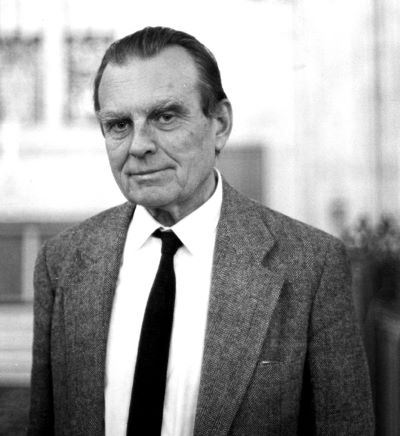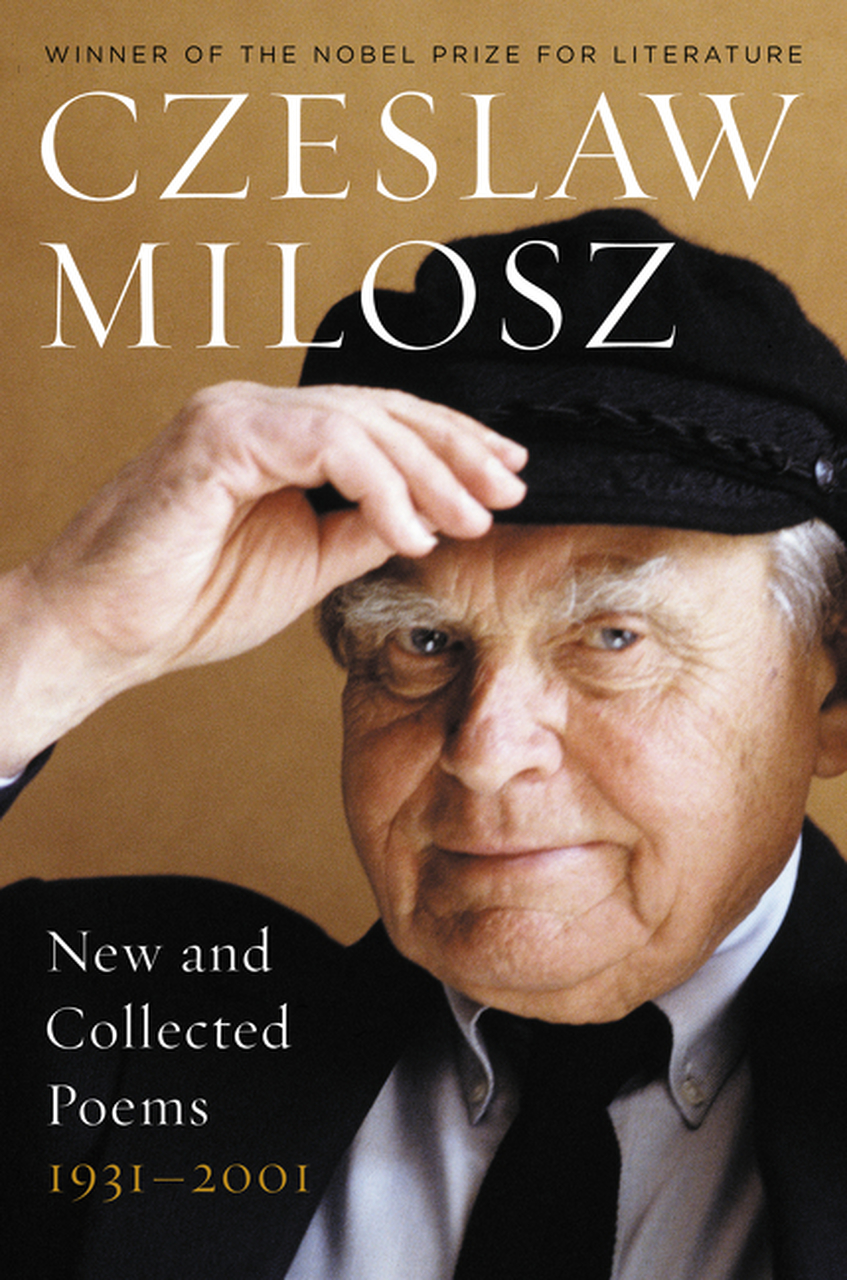7From a limbo for unbaptized infants and for animal souls let a dead fox step out to testify against the language.Standing for a second in an ant-wing light of pine needles before a boy summoned to speak of him forty years later.Not a general one, a plenipotentiary of the idea of the fox, in his cloak lined with the universals.But he, from a coniferous forest near the village Żegary.I bring him before the high tribunal in my defense, for what remains after desires are doubt and much regret.And one runs and sails through archipelagoes in the hope of finding a place of immutable possession.Till chandeliers in the rooms of Heloise or Annalena die out and angels blow trumpets on the steps of a sculptured bed.A cheerless dawn advances beyond a palm-lined alley, loudly proclaimed by the rattling surf.And whatever once entered a bolted house of the five senses now is set in the brocade of a style.Which, your honor, does not distinguish particular cases.
With Trumpets and Zithers (excerpt)
Feature Date
- September 12, 2022
Series
- What Sparks Poetry
Selected By
- Susan Tichy
Share This Poem
Print This Poem
“With Trumpets and Zithers” from THE COLLECTED POEMS: 1931-1987: by Czesław Miłosz.
Published by Ecco Press in January 1988.
Copyright © 1988 by Czesław Miłosz.
All rights reserved.
Reproduced by Poetry Daily with permission.

Czesław Miłosz (1911 – 2004) was a Polish-American poet, prose writer, translator, and diplomat. Regarded as one of the great poets of the 20th century, he won the 1980 Nobel Prize in Literature. In its citation, the Swedish Academy called Miłosz a writer who “voices man’s exposed condition in a world of severe conflicts”.

New York, New York
New and Collected Poems: 1931—2001 celebrates seven decades of Czeslaw Miłosz’s exceptional career. Widely regarded as one of the greatest poets of our time, Miłosz is a master of probing inquiry and graceful expression. His poetry is infused with a tireless spirit and penetrating insight into fundamental human dilemmas and the staggering yet simple truth that “to exist on the earth is beyond any power to name.”
Czeslaw Miłosz worked with the Polish Resistance movement in Warsaw during World War II and defected to France in 1951. His work brings to bear the political awareness of an exile—most notably in A Treatise on Poetry, a forty-page exploration of the world wars that rocked the first half of the twentieth century. His later poems also reflect the sharp political focus through which this Nobel Laureate never fails to bear witness to the events that stir the world.
Digging among the rubble of the past, Miłosz forges a vision that encompasses pain as well as joy. His work, wrote Edward Hirsch in the New York Times Book Review, is “one of the monumental splendors of poetry in our age.” With more than fifty poems from the end of Miłosz’s career, this is an essential collection from one of the most important voices in contemporary poetry.
Poetry Daily Depends on You
With your support, we make reading the best contemporary poetry a treasured daily experience. Consider a contribution today.



